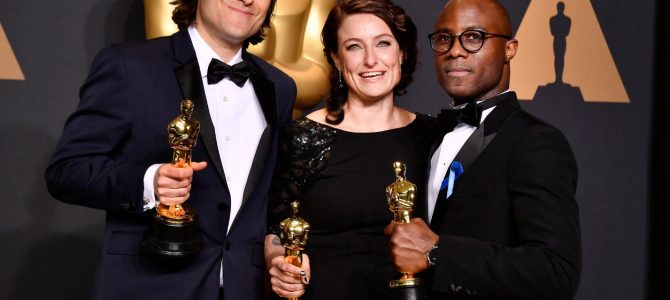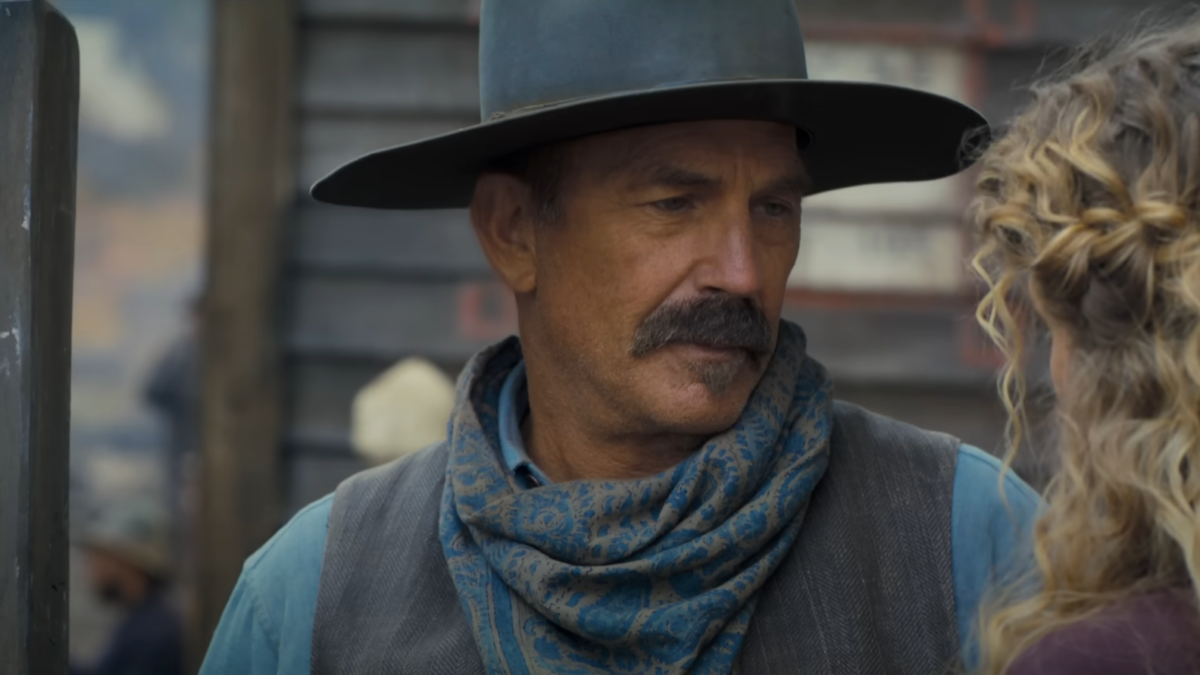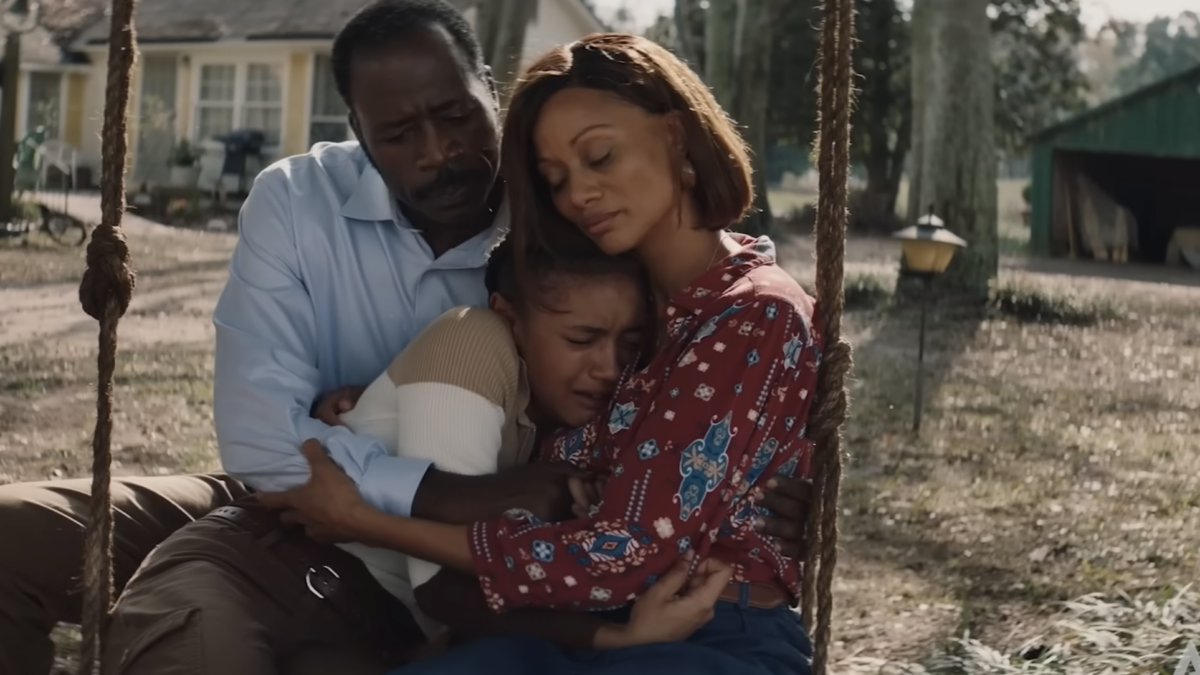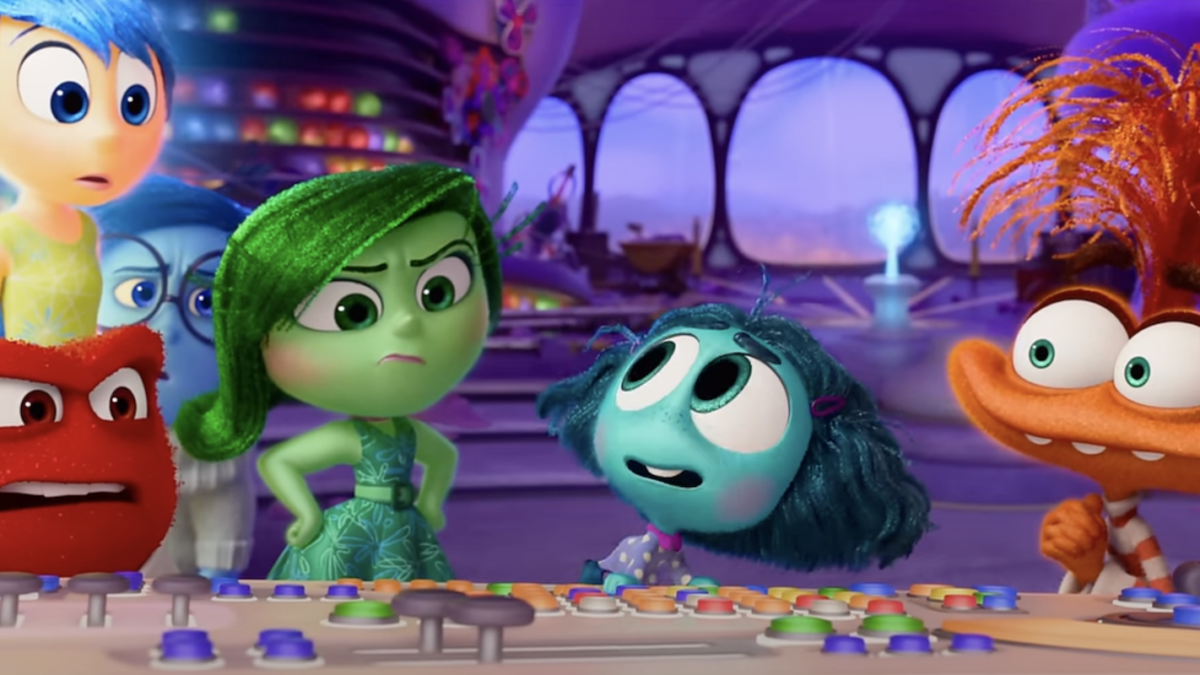
When the Best Picture award was given to “La La Land,” it was not a surprise. Hollywood loves musicals, and is always seeking to present musicals with awards. While not a fan of musicals outside of “The Blues Brothers,” this makes sense: musicals are difficult to make. They combine elements of music, acting, singing, and dancing all in one production.
Alas, the euphoria for the producers of “La La Land” was short-lived. As it turned out, Warren Beatty and Faye Dunaway were given the wrong envelope. Minutes later, we found out the Best Picture winner was Barry Jenkins’ coming-of-age film, “Moonlight.” This time the envelope was correct.
Unfortunately, the choice of “Moonlight” for Best Picture was not. Instead, it appears to have fallen victim to the “message movie” trap of choosing the best movie of the year.
When Did Best Picture Choices Go Wrong?
Voting-based awards will invariably lead to debate—because for the most part, it is a subjective issue. When “One Flew Over The Cuckoo’s Nest” won in 1975, it was not difficult to make a compelling case for “Jaws” or “Dog Day Afternoon.” That’s not to say “Cuckoo’s Nest” didn’t deserve the award—but that other choices would have been just as worthy.
However, since 1980, Best Picture winners usually fall into specific categories.
First, there are the “socially aware” movies: Academy voters focus on the social aspect of a film and choose to award it over something more deserving.
The Academy also, at times, has a penchant for choosing films that elicit the response, “What the hell were they thinking?”
In that vein, it would be hard for anybody to make a case for “Ordinary People” winning in 1980 over “Raging Bull.” The former is a terrific film with stand-out performances from Donald Sutherland, Timothy Hutton, and Mary Tyler-Moore. It touched on themes such as suicide, the loss of a child, feelings of inadequacy in the face of siblings, and more. “Raging Bull,” on the other hand, is a masterpiece and arguably Martin Scorsese’s best film. Some have argued that the Academy simply was not ready for the impact of “Raging Bull.” But it was recognized by voters. Robert De Niro won Best Actor for his portrayal of boxer Jake LaMotta. “Raging Bull” stood out in every aspect of filmmaking—from the acting to direction, cinematography to script and story.
The Oscars Often Go To Bewildering Choices
That blunder aside, no Best Picture winner encapsulates the combo of head scratcher and blockbuster favoritism better than “Titanic.” The film was a box office juggernaut, knocking “ET” from the perch of the highest grossing film of all time. It made Leonardo DiCaprio a household name for young teenage girls everywhere. Despite being a special effects stand out, “Titanic” was plagued with a hokey script, a well-worn storyline, and mediocre acting.
That didn’t matter. The movie was nominated for 13 Oscars and won 10, including Best Picture. Meanwhile, “L.A. Confidential” is a film that wraps up every element of the “Best Picture” category into its two-hour running time—story, directing, acting, script, and production value. It remains one of Oscar’s biggest snubs.
Other odd choices include “Shakespeare In Love” over “Saving Private Ryan,” arguably one of the best war movies ever made. Another is “The English Patient” over “Fargo.” Have you ever watched “The English Patient” more than once? “Fargo,” meanwhile, demands multiple viewings. “Moneyball” was so much better than “The Artist.” And all I remember from “Chariots of Fire” are guys running in slow motion to Vangelis’s synthesized score. The movie that should have won, “Raiders of The Lost Ark,” is close to cinematic perfection.
Films Often Win For Their Message, Not Their Merit
Despite all these bewildering moments the Academy has provided over the last 36 years, it’s nothing compared to the head-shaking moments they’ve bestowed upon audiences. Nary a chance exists when voters, examining Best Picture nominees, choose films that convey an “important message” to audiences. Channeling a message via film is not necessarily a bad thing. But it’s bad when films wins because of their message, and not because they’re superior. The following all fall into that category:
- “Dances With Wolves.” Used as a means of highlighting the plight of Native Americans. The film does not hold up well and is filled with cartoonish stereotypical characters, none of which are memorable. What should have won: “Goodfellas.” Scorsese unfairly snubbed again.
- “American Beauty.” Highlights suburban white families and the issues they deal with on a daily basis. It’s loaded with clichéd characters doing clichéd things along with a clichéd script. What should have won: “The Insider.” Michael Mann’s film, which explores the intersection between corporate America and journalism, is a tour de force. Al Pacino and Russell Crowe both delivered Oscar-worthy performances.
- “Million Dollar Baby.” It “created a dialogue” about issues such as women in sports and assisted suicide. What should have won: “Sideways.” Alexander Payne’s road trip comedy/drama served up equal parts of laughter and heartache. Pinot Noir was never more popular as a result.
- “Crash.” Forget about undeserving. This overrated muck shouldn’t have sniffed a nomination, let alone take home the big prize. It’s the kind of film about racism that is safe for people to say they liked because it blends clichés and narratives about racism people aren’t afraid to discuss. Complete with unrealistic, wooden characters, a lousy script and giant plot holes, it’s one of the worst choices the Academy has ever made. What should have won: “Brokeback Mountain,” ‘Capote,” “Good Night, and Good Luck,” or “Munich.” Any of them were more deserving.
‘Moonlight’ Is Very Good, But Not Oscar-Worthy
“Moonlight” fits the criteria of the “message” movie. It’s a beautiful film with standout performances from some of the cast. It’s a moving film that allows the viewer to connect with the main character through three stages of his life. The story of Chiron, shown in three separate stages of life, is illustrated in believable detail. He grows from an innocent, young black boy into a hardened drug dealer in 12 to 14 years. The fact that Chiron is gay makes his story that much more compelling.
That said, the film suffers from familiar tropes: the drug addicted mother, poor casting (Trevante Rhodes is just not believable as the adult Chiron), and it doesn’t quite have the courage to explore the issue of sexuality with the two gay characters.
Critics were united in their praise, and therein lies the problem. Because of the subject matter—and the fact that the entire cast and director are black—it would seem some critics are hesitant to point out the film’s flaws, for fear of being criticized themselves. Movie critic Owen Gleiberman talks in great honesty about the politicization of film criticism in a podcast with Bret Easton Ellis (Go to minute 70), using “Moonlight” as the springboard for the conversation. They both agree that identity politics is what keeps people from being negative about the movie.
The Film With The Greatest Artistic Value Should Win
It’s a shame this happened because the film is worth seeing. I would recommend “Moonlight” to anybody, but it is not a better film than either “Hell or High Water” or “Arrival.” Both of these films explored familiar territories but in a way that elevated them from run of the mill dramas to Oscar-worthy art, aided by standout performances by cast members in both films. The fact that “Moonlight” creates some societal discourse about race and sexuality does not mean it is the best movie of 2016.
Hopefully, at some point, the Academy will put aside the tendency to judge Best Picture based on societal trends, and instead just choose the best movie of the year.









